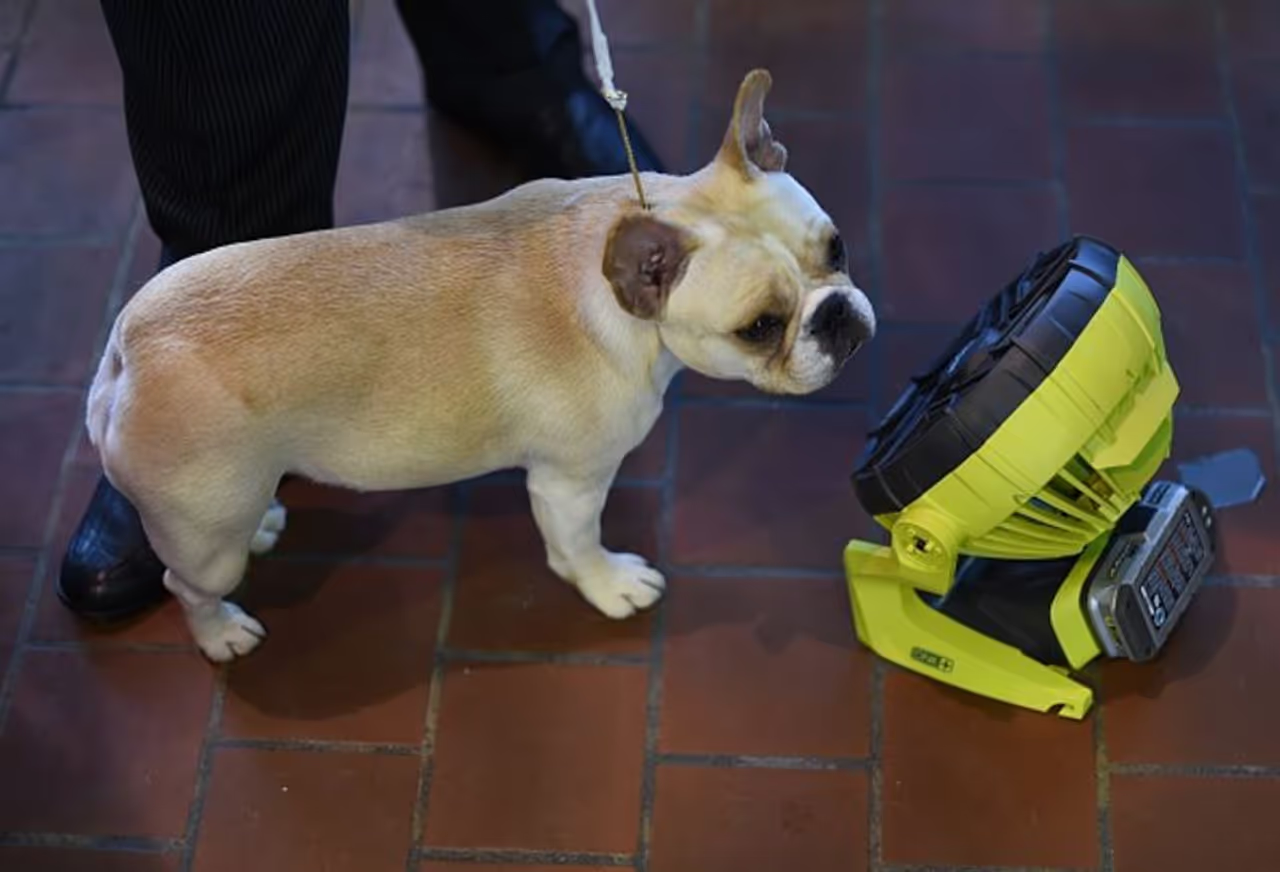Australians who are looking for furry company during the coronavirus (COVID-19) lockdown, have lost money to puppy scams
Melbourne: Amid the lockdown due to the coronavirus (COVID-19) pandemic, Australians have lost nearly $300,000 (US $196,000) to puppy scams this year. The scammers have been targeting people who are looking to get new pets during social isolation.

Also read: 'This virus may never go away', says WHO
Australia’s consumer watchdog Australian Competition and Consumer Commission (ACCC) has warned people not to get scammed by fraudsters during the lockdown.
The most common dog breeds reported were Cavoodles and French Bulldogs and most people contacted the scammers via an email address they found online.
Watch: Nearly 200 goats escape quarantine; roam the streets

A French Bull Dog
“Australians have lost nearly $300,000 to puppy scams this year, and scammers have been particularly targeting those seeking a furry companion during social isolation,” ACCC said.
Scamwatch has seen a recent spike in puppy scams and in April reports were almost five times higher than the average, with losses on track to exceed the 2019 total of $360,000.
“A lot of people are stuck at home and going online to buy a pet to help them get through the loneliness of social isolation,” ACCC Deputy Chair Delia Rickard said.
“Unfortunately the rush to get a new pet and the unusual circumstances of COVID-19 makes it harder to work out what’s real or a scam.”

A Cavoodle
Scammers set up fake websites or ads on online classifieds and social media pretending to sell sought-after dog breeds and will take advantage of the fact that you can’t travel to meet the puppy in person.
The scammer will usually ask for up-front payments via money transfer to pay for the pet and transport it to you.
“Once you have paid the initial deposit, the scammer will find new ways to ask for more money, and scammers are now using the COVID-19 pandemic to claim higher transportation costs to get across closed interstate borders or additional fees for ‘coronavirus treatments’,” Rickard said.
“Unfortunately once you make the payments, the seller will cease all contact.”
“The safest option is to only buy or adopt a pet you can meet in person and if you cannot do that during the current lockdown restrictions, consider putting the search on hold,” Rickard said.
“Scam websites can look quite convincing, so try not to fall for the adorable puppy pictures they post, and remember, if the price looks too good to be true, it probably is.”
“Research the seller by running an internet search using the exact wording in the ad and do a reverse image search for pictures of the specific puppy, as you’re likely to be dealing with a scammer if you find matching images or text on multiple websites,” Rickard said.

Dingo puppies
“If you are in doubt, seek advice from a reputable breeders association, vet or local pet shop.”
So far this year Scamwatch has received over 2,000 reports about COVID-19 scams and reported losses are now more than $700,000.
“If you think you have been scammed, contact your bank or financial institution as soon as possible,” Rickard said.
All pictures are representational purposes only. The top photo shows Labrador puppies
